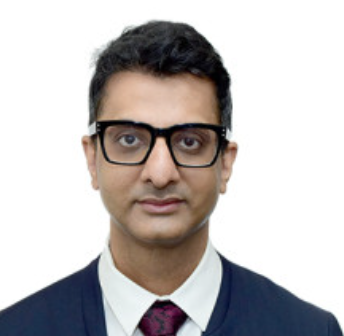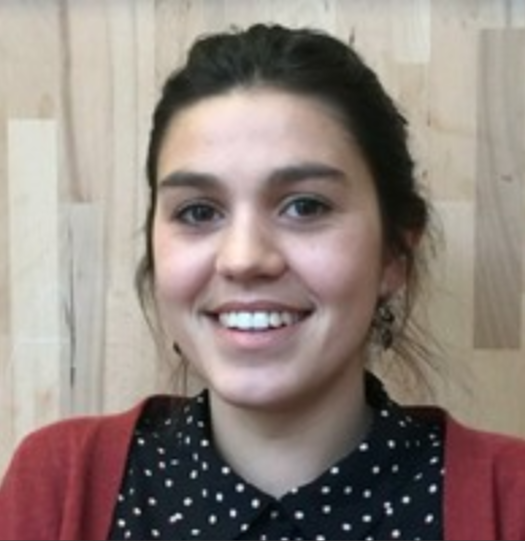Unlocking Peer Learning Alongside Financing Scaling Water and Sanitation as Public Services
Summary
In the face of continued rapid urbanization in many contexts, and increasing occurrence of droughts and floods, there is an urgent need to scale up the provision of water and sanitation services in cities and communities. Globally, over 2.1 billion people lack access to safe drinking water and 3.5 billion do not have safely managed sanitation services.
Global costs of achieving SDG 6 exceed US$ 1 trillion annually, while only a fraction of this amount is currently being spent to close the service gap. (Hutton, 2022). While this calls for increasing investments in water and sanitation, progress cannot be achieved without strengthening government institutions, regulation and capacities of water and sanitation service provider. Investment in water supply and sanitation yields significant returns and contribute to economic well-being (World Bank, 2025).
UN-Habitat's new Strategic Plan 2026-2029 places adequate housing, land, basic services, and the transformation of informal settlements and slums at the heart of global efforts. To more effectively leverage potential engagement with International Financial Institutions (IFIs), UN-Habitat, in 2024, together with the World Bank, established a Working Group on IFIs to strengthen institutional relationships, and increase funding in the current political and economic context of the UN. This Congress Roundtable is a part of UN-Habitat's broader commitment to working with International Financial Institutions (IFIs), focusing on scaling water and sanitation as public services.
Engagement of IFIs requires well performing “bankable” operators, investments that could reach economies of scale, and de-risking mechanisms - particularly in places of low creditworthiness. Over the last decade, the Global Water Operators’ Partnerships Alliance (GWOPA), facilitated by UN-Habitat, has observed that well-managed water and sanitation operations (including those operating pro-poor tariffing) – not only recover operational costs but are able to invest in infrastructure maintenance and expansion. Many water operators are transitioning into being ‘bankable.’ Peer-to-peer, solidarity-driven learning, facilitated by Water Operators’ Partnerships (WOPs) and Sanitation Operators’ Partnerships (SWOPs), has proven to be an effective, cost-efficient approach to strengthen operator performance and to achieve “bankability”. Moreover, the networked approach of S/WOPs has the potential to facilitate groupings of operators for aggregated investment.
The roundtable convened by GWOPA will explore the potential of synergy between International Financial Institutions (IFIs) in capacity development of utilities, including the uptake of Water Operators’ Partnerships, to scale up water and sanitation provision in urban settings.
Objectives
Shared understanding of how capacity development of utilities can make water investments smarter, more sustainable and scalable.
Better understanding of how the shaping of future WOP/SWOP programmes could fit into major water and sanitation investment programmes.
Partners
Session panelists
 Mr. Vivek Raman
Mr. Vivek Raman
 Mr. Winston Yu
Mr. Winston Yu
 Mr. Bernd Schönewald
Mr. Bernd Schönewald
 Ms. Zoé van den Bosche
Ms. Zoé van den Bosche

 Participate Online
Participate Online
 Add to Google Calendar
Add to Google Calendar